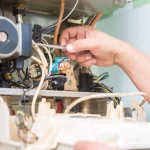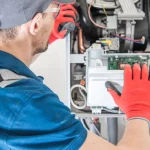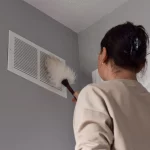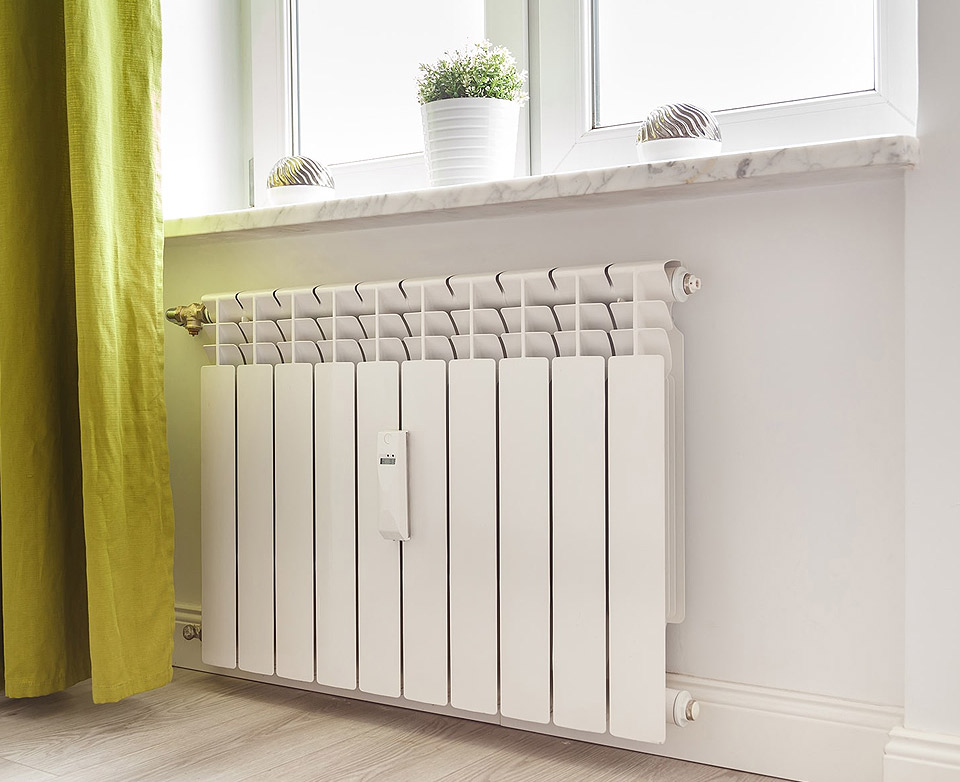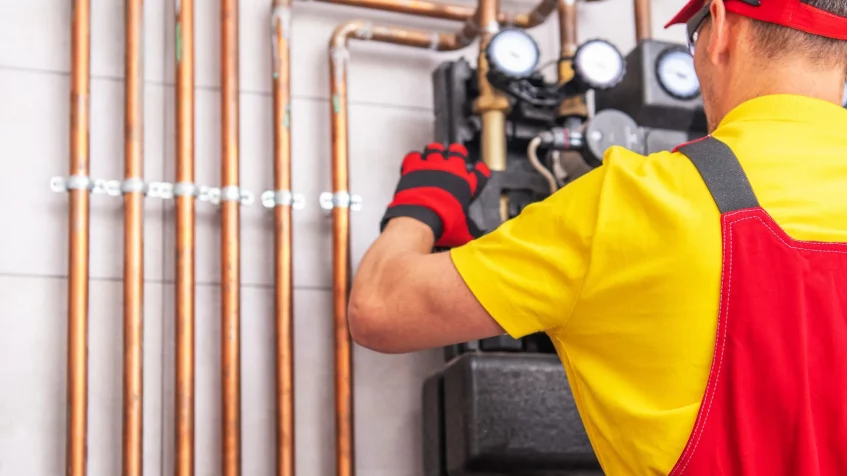
Preventive HVAC Maintenance: Extending the Life of Your System
Your HVAC (Heating, Ventilation, and Air Conditioning) system is the unsung hero of your home. It keeps you cool in the sweltering summer heat and warm during the freezing winters. However, it’s often taken for granted until it breaks down. That’s why preventive HVAC maintenance is crucial. In this blog post, we’ll explore the importance of maintaining your HVAC system and provide valuable insights and practical tips to extend its life, save on energy bills, and ensure your home remains comfortable year-round.
Understanding Preventive HVAC Maintenance
Preventive HVAC maintenance is a proactive approach to caring for your heating and cooling system. Instead of waiting for a problem to occur and reacting to it, you take steps to prevent issues from arising in the first place. This not only ensures that your HVAC system operates efficiently but also extends its lifespan.
The Benefits of Preventive HVAC Maintenance
Extended Lifespan: Regular maintenance can add years to the life of your HVAC system. It helps prevent premature wear and tear on components.
Energy Efficiency: A well-maintained system operates more efficiently, leading to lower energy bills and reduced environmental impact.
Improved Air Quality: Regular maintenance includes cleaning and replacing filters, which enhances indoor air quality by reducing dust and allergens.
Fewer Breakdowns: Proactive maintenance catches small issues before they become major problems, reducing the likelihood of inconvenient breakdowns.
Warranty Compliance: Many HVAC manufacturers require regular maintenance to maintain warranty coverage.
Practical Tips for Preventive HVAC Maintenance
Change Air Filters: One of the simplest and most effective preventive maintenance tasks is changing your air filters regularly. Clogged filters can reduce airflow and force your system to work harder, leading to increased energy consumption and wear.
Schedule Professional Maintenance: It’s essential to have your HVAC system professionally inspected and serviced at least once a year. An HVAC technician can identify and address issues that may not be apparent to the untrained eye.
Check Thermostats: Make sure your thermostats are functioning correctly. Inaccurate thermostats can lead to inefficient heating or cooling. Consider upgrading to programmable thermostats for better control and energy savings.
Clean Condenser and Evaporator Coils: Dust and debris can accumulate on the condenser and evaporator coils, reducing their efficiency. Regular cleaning can help your system operate optimally.
Inspect Ductwork: Leaky or uninsulated ducts can lead to energy loss. Ensure that your ducts are properly sealed and insulated to maintain efficient airflow.
Lubricate Moving Parts: Lubricate moving parts, such as motors and bearings, to reduce friction and wear. This should be part of your professional maintenance service.
Clear Condensate Drain: Check the condensate drain to ensure it’s not clogged, as blockages can lead to water damage and reduced efficiency.
Trim Vegetation: Trim shrubs and vegetation around your outdoor unit to ensure proper airflow and prevent debris from entering the system.
When to Schedule Preventive Maintenance
For your cooling system, it’s best to schedule maintenance in the spring before the hot weather hits. Heating systems should be serviced in the fall before the winter chill arrives. However, if you’ve missed these windows, don’t wait for the next season—schedule maintenance as soon as possible.
The Role of DIY Maintenance
While professional maintenance is critical, there are some tasks you can perform yourself to keep your HVAC system in good shape. Changing air filters, cleaning around the outdoor unit, and inspecting your thermostat are simple tasks that homeowners can manage.
Cost vs. Savings
Some homeowners may be concerned about the cost of professional HVAC maintenance. However, it’s essential to view this as an investment in your system’s longevity and efficiency. The cost of maintenance is far less than what you’d pay for major repairs or a full system replacement. Moreover, the energy savings from an efficiently running HVAC system can offset the cost of maintenance over time.
Preventive HVAC maintenance is a small effort that pays off in a big way. By taking proactive steps to care for your heating and cooling system, you can extend its lifespan, reduce energy consumption, improve indoor air quality, and avoid unexpected breakdowns. Ultimately, preventive maintenance is the key to keeping your home comfortable year-round and your HVAC system operating at its best. So, don’t wait for your system to break down—start a preventive maintenance routine today and enjoy the benefits of a well-maintained HVAC system.



